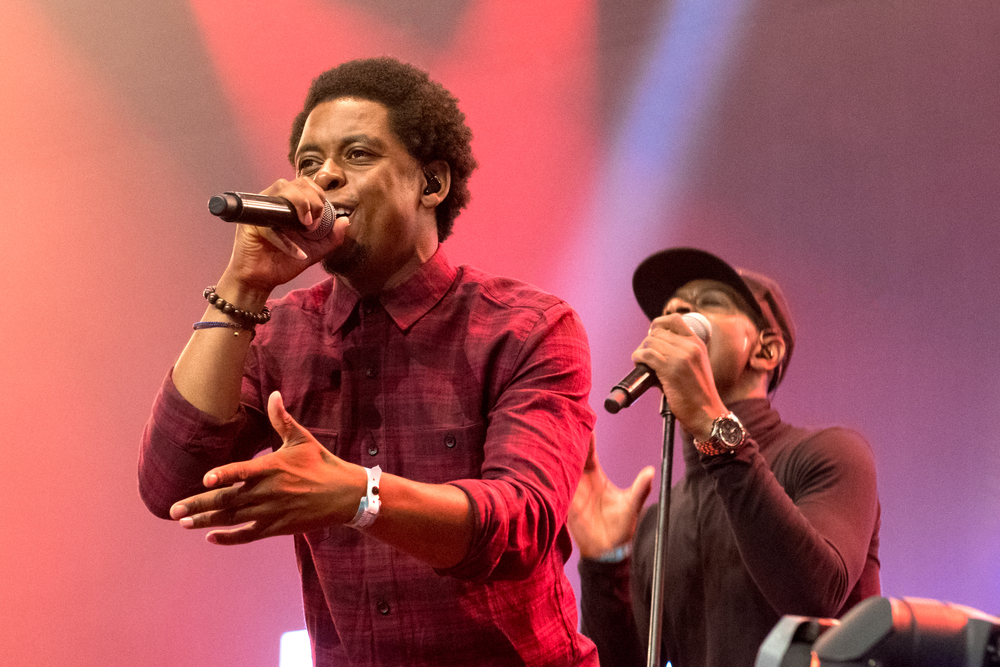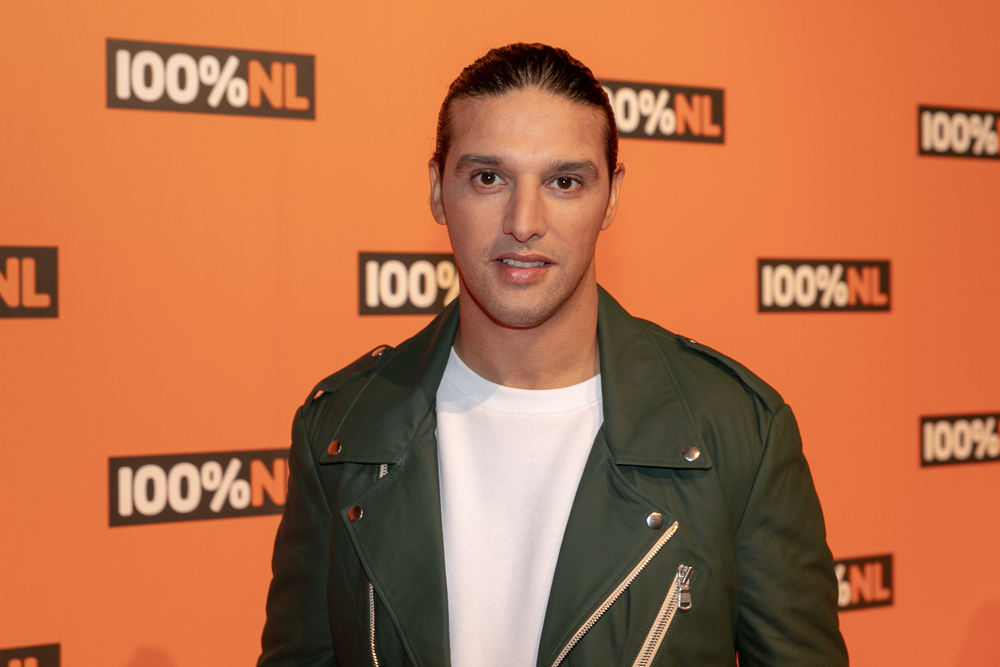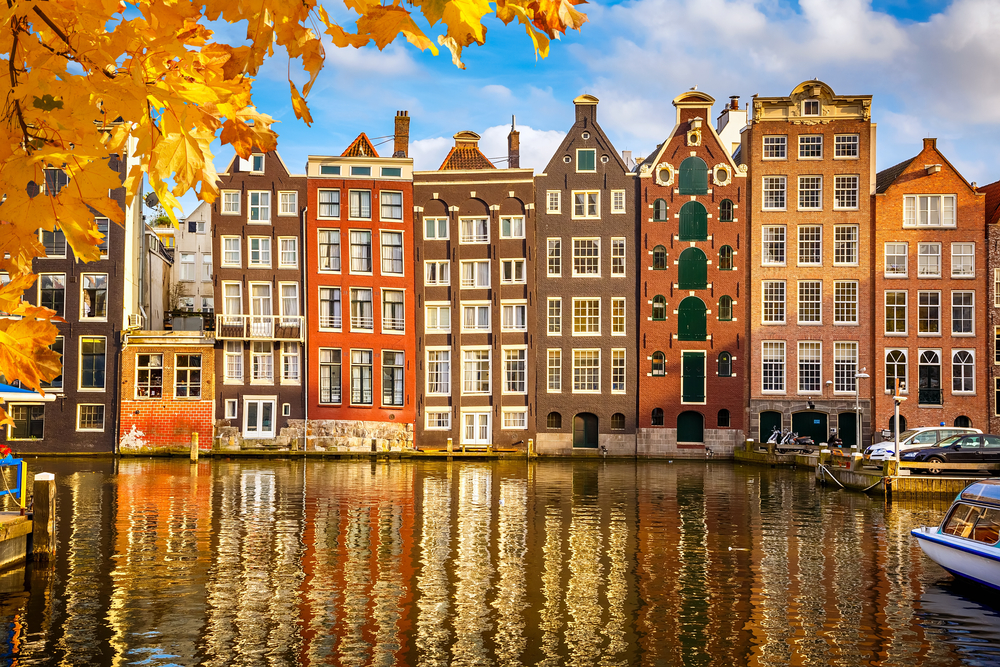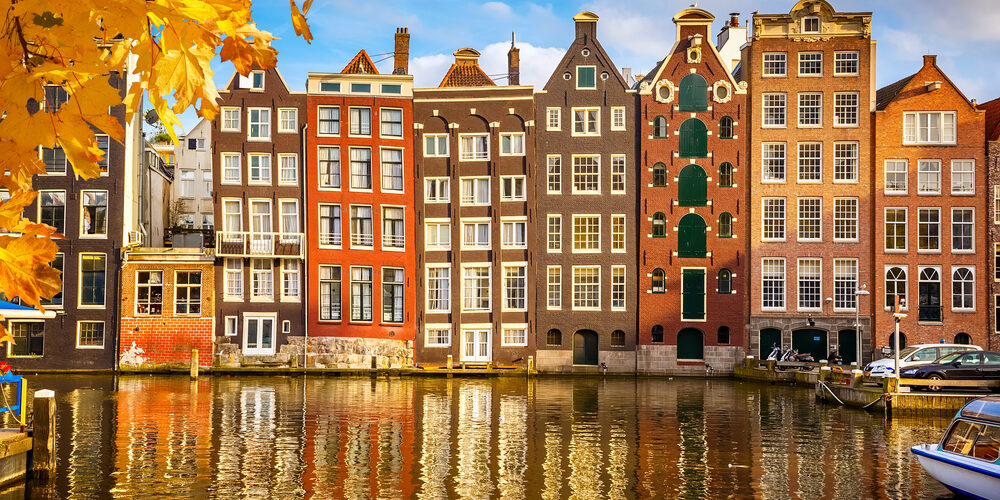Hip Hop in the Netherlands
In the mid-1980s, while the world outside of the US was still getting to grips with hip hop as a concept, many underground artists in the Netherlands and the Dutch-speaking Belgian province of Flanders were already penning rhymes, dropping bars, and making rap beats. Four decades on, Dutch hip hop has developed into a vibrant and influential scene. So how did the Netherlands become a hub of hip hop? Let’s take a look
Despite its modest size, the Netherlands overachieves in many different ways. One of these ways is in music like EDM and hip hop. In many cities throughout the country, rappers have become major players in their local music scenes, with many of them becoming national and international stars.
There are many reasons why hip-hop is so popular in the Netherlands, but there are a few key points that can help explain its recent boom.
For one thing, the Netherlands was once a powerful empire, with colonies ranging from Africa and Asia to the Caribbean. It was also an international trading hub, with people from all over the world passing through its harbours. And while colonialism has left its own dark legacy, it also led to a kind of cross-pollination between African/Afro-Caribbean music styles and Dutch musical history (broadly similar to how UK musical history is indebted to African and Indian music styles). In this article, we’ll take a look at how Surinamese-Dutch, Moroccan-Dutch, and other half-Dutch artists were instrumental in building the country’s hip hop scene.
Another factor that might explain the Netherlands’ hip hop growth is the fact that the country is densely populated, with most of the population living in cities. Cities are a natural incubator for hip hop, with artists, producers, and audiences being able to connect with each other in more potent ways. Densely populated areas like Osdorp, in Amsterdam, helped launch the early hip hop scene. Some of the best Dutch artists are renowned for documenting inner-city living and the pressures that come with it.
With all this in mind, let’s take a look at some of the key Dutch hip-hop artists you need to know about:
Typhoon
A one-time winner of the Grote Prijs—the biggest hip-hop award in the Netherlands—Typhoon is a rapper/singer who is both a critic’s and a fan favourite. Typhoon’s music is soul-stirring and lyrically sharp. With some of his best music being made in recent years, he’s proof that Dutch hip hop is as dynamic now as it was back in the 1980s.

Osdorp Posse
We’ve already mentioned ‘Osdorp’ as a location, and it’s easy to figure out that the five-man Osdorp Posse emerged from this district of Amsterdam. Formed in 1989, OP made ‘ghetto music’ and ‘gangsta rap,’ delivering their vocals and lyrics in a very particular Amsterdam dialect.
The group has been called the Dutch version of NWA, with lyrics offering a gritty look at crime, sex, violence, and politics in their home city. OP were divisive for many reasons, not just for the content of their lyrics, but also because many Dutch music listeners were ambivalent about whether the genre of rap actually worked in their language.
Despite this, the group became national icons, representing an exploding underground youth movement that wanted to hear more Dutch rap. OP helped set the trend, and many others followed.
Def Rhymz
Surinamese-Dutch rapper Def Rhymz (who sadly passed away earlier in 2024) was one of those key artists who helped make hip hop palatable to a much wider demographic. He did this through his ability to combine deep lyrics with lines that were full of humour.
He showed that Dutch rap could be playful and light, as well as dark and serious. His reward was that he was the first Dutch rapper ever to hit the number one spot on the Dutch charts, with two songs: Doekoe in 1999 and Schudden in 2001.
Yes-R
Inspired by his cousin Ali B (who we’ll take a look at later), Yes-R began his career performing in East Amsterdam, where he’s originally from. Yes-R’s ascent to the top of Dutch hip hop started from an early age. As a teenager, he was already being courted by labels, managers, and producers. But his first emergence came when he served as a member of D-Man, a rap formation that attracted moderate success.
By the time he was eighteen, he was already winning audience awards at the Grote Prijs and establishing himself as one of the biggest music artists in the Netherlands. Yes-R’s grip on Dutch music in the 21st Century has been unshakeable, with him releasing plenty of major singles. Ask any Dutch person about Yes-R, and it’s likely they know about him as an artist. He isn’t just an established rapper, he’s also a pop cultural figure.

Brianpower
If Def Rhymz made Dutch rap accessible to the nation, Brianpower turned it into an international sensation. The Belgian-born artist—whose formative years were spent in Amsterdam—was perhaps the first true Dutch hip-hop sensation.
The artist has released six Top 100-charting albums, an endless list of singles, and he has collaborated with some of the biggest names in music. His proper influence is difficult to fully quantify.
Ali B
Rapper, innovator, entertainer, and so-called ‘Dutch inter-ethnic relations’ figurehead: Ali B is all of these things and more. The Moroccan-Dutch artist has had perhaps the biggest influence on the Dutch hip hop music scene (although a high-profile sexual assault case in 2022, resulting in a prison sentence for the 42-year-old, means that he is no longer held in such high regard).
Ali B’s career started in the late ‘90s, with the rapper turning to hip hop after a wayward youth that saw him dealing drugs, skipping school, and even being sent back to his home country of Morocco by his parents to set him straight.

But when Ali B emerged on the hip hop scene, he did so with triumph. His single with Marco Borsato, Wat zou je doen, is a defining hit in the Dutch hip hop canon. It set the scene for many subsequent hits, and a trio of high-charting albums. It should also be stressed that Ali B’s success goes beyond music. He has been (or, at least, was) considered a symbol of unity for Muslim and non-Muslim people in the Netherlands, with his music appealing to a wide demographic.
It’s worth closing this article with a look at Ghetto (Arab Remix), a song that saw international star Akon collaborate with Ali B and Yes-R. In Ghetto, Akon namechecks some of the minority groups that have made Amsterdam such a multicultural city, calling them by their names in street slang. While some of the slang names can be considered derogatory, the fact they are listed in this song shows just how many cultures make up the Netherlands today.







